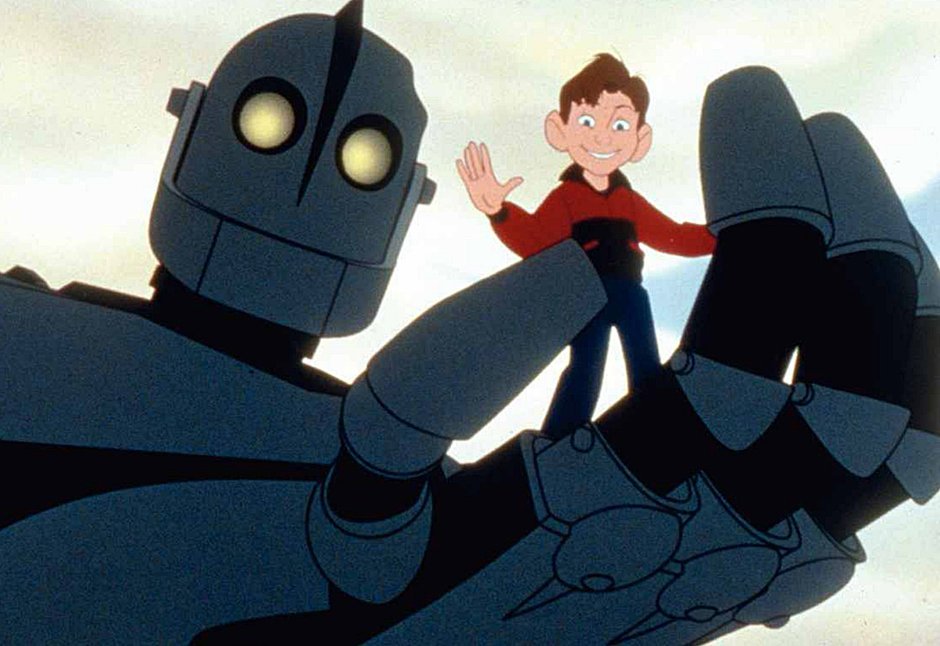By Emily Turner
Black hole, cesspool, hot mess. These are just some of the terms people use to describe Twitter. The social media site has been all over the news lately, from Fox News to our local newspaper, and the coverage has been less than inspiring. Despite the way it’s been endlessly discussed, Twitter remains a mystery for many people, a confusing app that few regularly open. If you believe the media’s take on it, it’s a political hellscape to avoid. But is that true?
It is hard to believe anyone has been able to avoid hearing about Twitter recently, but if you have, well done. The biggest story has been that Tesla owner Elon Musk recently purchased it for 44 billion USD (approximately 60 billion CAD). That is roughly 600,000 times more than what the mayor of Thunder Bay makes, and very few of us will ever see that much money in our lifetimes. And Elon Musk just threw it away to purchase a website that is said to be worth around 8 billion USD. But Twitter as a thing owned by Elon Musk is only one way to understand it. Most users will tell you it is truly so much more.
Some say Twitter is a pillar of 21st century democracy. Many claim it is an essential tool because it amplifies marginalized voices, serves as a microphone for grassroots activists, and is an open stage for critical social debates that anyone with the internet and a device can access. For others, Twitter is a brainwashing tool designed by radicals to “ruin: people. And some claim Twitter is a place for bullying and hate, a platform filled with angry people that want to guilt others. All these things are probably true, and there are many more true things to say too. And that’s something that has been missing in all the media coverage of Twitter right now: the acknowledgment there are many things to complain about and fear, but there are many things to enjoy as well.
People use Twitter for educational reasons, to learn about current events, and engage in political conversations. And yes—others, unfortunately, use it to spread hate. But for the most part? We use it to find like-minded people, communities we can connect with, and people with whom we can laugh. Regardless of what Elon Musk believes, he could never actually control what people do on Twitter, which was proven by his failed attempt at Twitter Blue. Twitter is the Wild West, and from that, it gains importance. Say what you will about Twitter, but in this increasingly stylized world, isn’t it nice to have a void into which we can spill our thoughts? And then have those thoughts heard and supported?
It is not in the group of platforms owned by Zuckerberg. It is not filled with repetitive, unskippable advertisements. And it is not uniform: every profile looks different, everyone uses it for different things, and there are rarely unanimous trends across the entire site. I think it has become such a hot topic because it stumps so many people; how could a platform that has existed for so long remain such a curious thing? Why hasn’t it exploded like Instagram and TikTok or collapsed like Vine? It has always been a place of subversion, a place to be satirical, and a place to learn. That is why it will never be a part of the Meta-verse and probably won’t ever disappear. Twitter is home to many virtual communities that share similar humour and want to discuss similar things. Yes, it has many problems, and there are important things to say about those, but we should acknowledge that it is primarily a platform for conversation and humour and is worth being on. After all, we can’t have a meaningful revolution without humour.
If you’re interested in giving Twitter a try, I’d be honoured to be one of the first you follow; I mostly retweet the funny stuff. Find me @_peachyxx.















